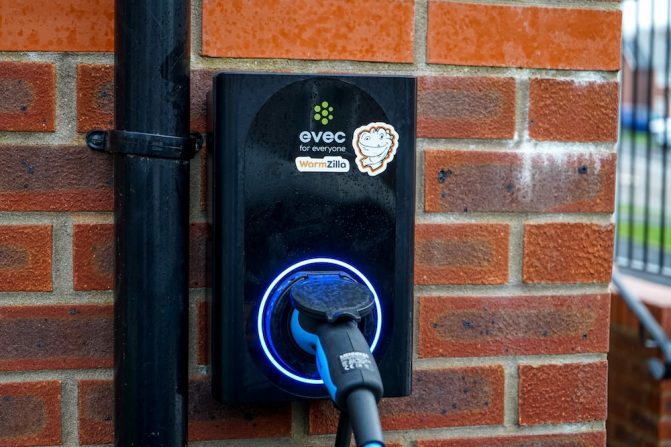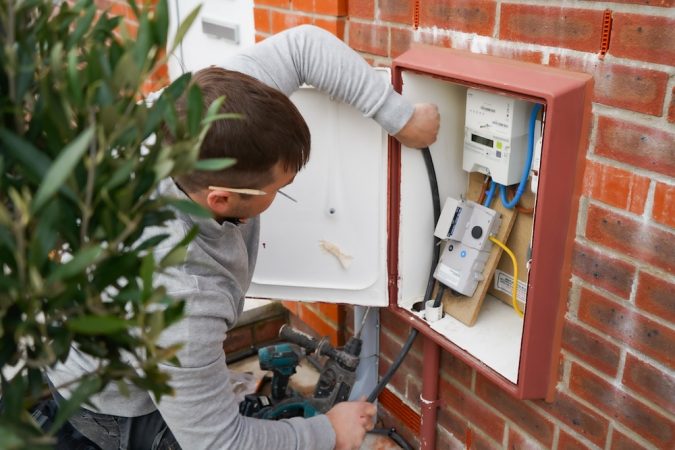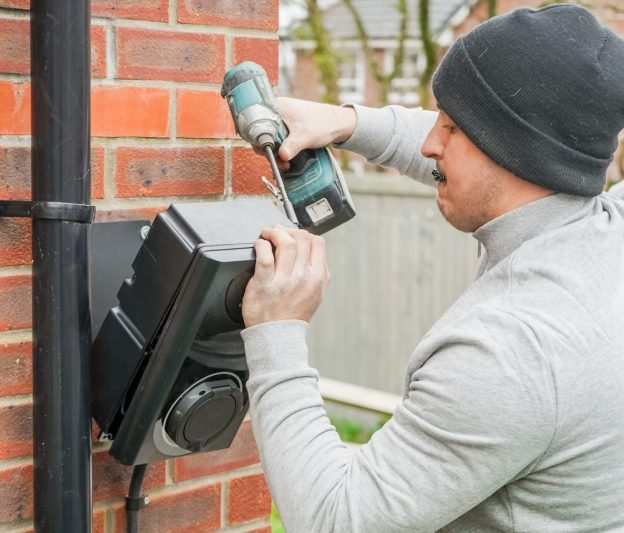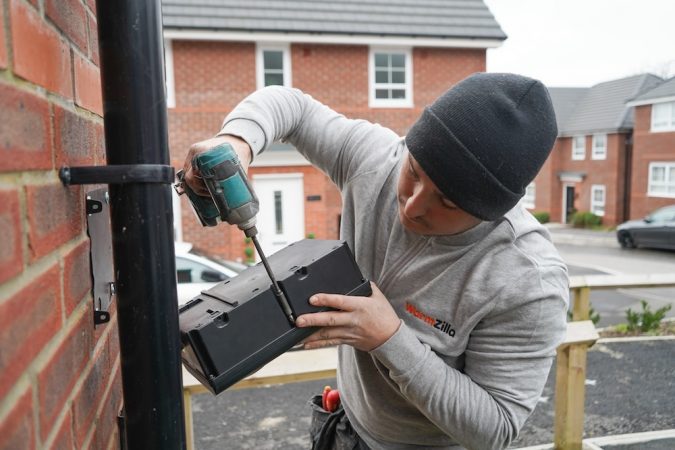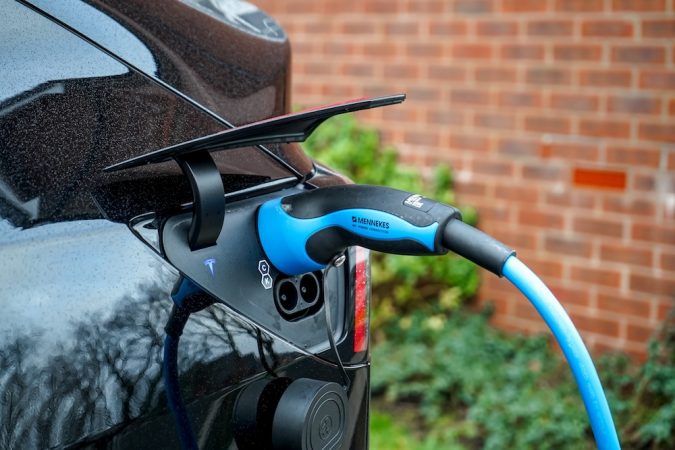Thinking about installing an EV charger at home? With electric vehicle (EV) ownership on the rise across the UK, home charging is becoming more of a necessity than a luxury. Whether you’ve just gone electric or are planning to soon, understanding how home charging works—and how to get the most from it—can save you money and hassle in the long run.
Here’s everything you need to know, courtesy of the heating and home energy experts at WarmZilla.
Is Your Home Ready for EV Charging?
Before you start browsing chargers, check your home’s electrical setup. A 7kW charger is the standard for UK homes and needs a dedicated circuit. If you’ve got three-phase power, you could consider a 22kW unit—but most UK homes don’t.
Where Should You Install It?
Ideally, your charging point should go on a driveway or garage wall close to where you typically park. A shorter cable run usually means a cheaper installation. For outdoor installations, make sure the unit is weatherproof—look for a decent IP rating.
Planning to swap cars in the future? Avoid corner-mounted chargers and aim for a more central spot to keep things flexible.
What Charger Should You Choose?
For most UK households, a 7kW charger is the sweet spot between speed and affordability. Popular and trusted brands include:
- Zappi – Great for solar integration
- Ohme – Strong on smart features
- Wallbox – Sleek and reliable
- Tesla Wall Connector – Best for Tesla drivers
Smart chargers offer huge benefits, letting you schedule charging at off-peak times to save on your energy bill.
Smart Charging Tips for Everyday Use
Treat your EV like your smartphone. Top-up charges rather than full battery cycles are healthier for battery life. Try to keep your battery between 20% and 80% unless you’re heading out on a long trip.
Most EV drivers benefit from overnight charging, especially if you’re on an off-peak tariff. Charging between midnight and 5am can be far cheaper.
How Much Does It All Cost?
Here’s a rough breakdown:
- Installation cost: £800–£1,500
- Charging cost at home: 8p–30p per kWh (based on your energy tariff)
- Full charge: £5–£18 for a 60kWh EV (e.g. VW ID.3 or Tesla Model 3)
- Running cost: 2–6p per mile
- Public charging: 30p–80p per kWh – up to 4x more expensive
Home charging is far more cost-effective in the long run—no question about it.
Why WarmZilla?
WarmZilla makes the process refreshingly simple. With online ordering, transparent pricing, and expert installers, they remove the headache from EV charger installations. They only install top-tier equipment and can even help you claim any grants you might be entitled to.
Public Charging vs Home Charging: The Real Benefits
- Convenience: No waiting in queues at charging points
- Cost savings: Home charging is significantly cheaper
- Battery care: Slower home charging helps extend battery life
- Peace of mind: You start each day with a fully charged car
Got Solar Panels? Even Better.
If your home has solar panels, you could potentially charge your EV for free. Some chargers, like the Zappi, can even prioritise solar power for eco-friendly charging.
And don’t forget smart tariffs—some providers now offer EV-specific rates with ultra-low off-peak prices. Combined with an intelligent charger, this can lead to serious savings.
Final Thoughts
Home EV charging isn’t just about convenience—it’s about future-proofing your home, saving money, and embracing the new era of driving. And with WarmZilla’s easy setup and expert guidance, getting started is simpler than ever.
To learn more or get started, visit www.warmzilla.co.uk.

